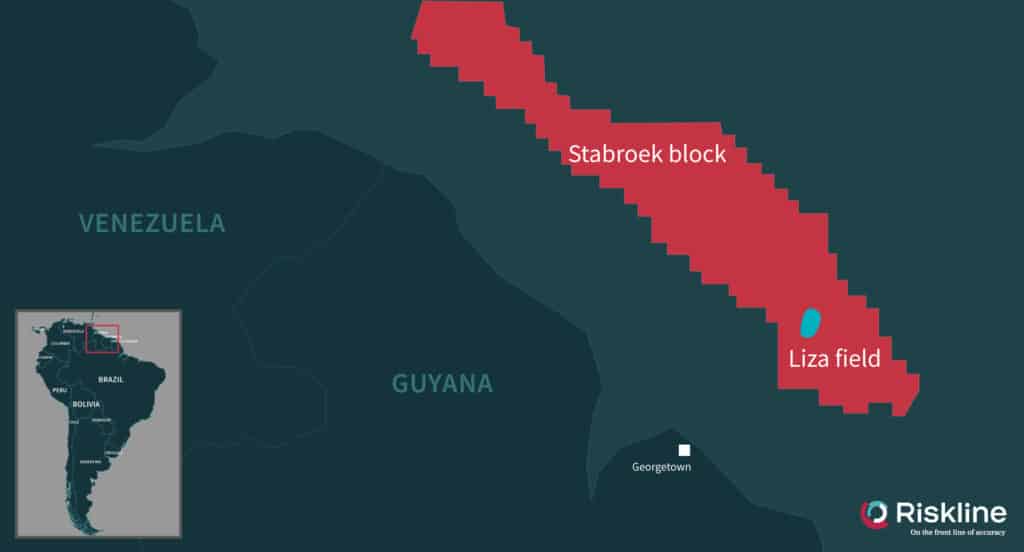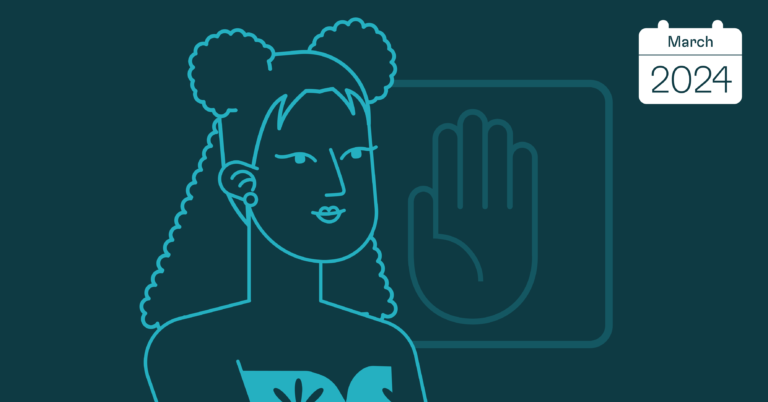A no-confidence vote over the government’s corruption and mismanagement was called by former president and leader of the opposition People’s Progressive Party (PPP) Bharrat Jagdeo in November 2018. Jagdeo called into question an oil deal with Exxon Mobil, which was deemed “exceedingly generous for the company” by the International Monetary Fund (IMF). To the surprise of all, the opposition won the 21 December vote with the rebel vote of Charrandas Persaud, a legislator from the ruling coalition of Partnership for Political Unity (APNU) and the Alliance for Change (AFC), led by David Granger, the country’s current president. After losing its initial challenge to the validity of the vote in the High Court and following the expiry of the constitutionally mandated 90-day deadline to set up new elections, the Court of Appeal ruled in favour of APNU-AFC that the no-confidence vote was not valid. The PPP moved to challenge the matter in the Caribbean Court of Justice (CCJ), and encouraged the seven-member Guyana Elections Commission (GECOM) – with three pro-APNU-AFC members and a chairman appointed by Granger – to embark on preparations for holding elections.
Much is at stake in the upcoming polarised elections – should they be held as scheduled in 2020 or before, pending the final CCJ verdict on the legality of the no-confidence vote. While the PPP largely won the last local elections, AFC and other newly-formed centrist parties could win more seats in the National Assembly. The current political impasse could escalate into a destabilising fight between Guyana’s ethnically Indian and African communities – represented by the PPP and the APNU, respectively – over the control of the impending oil revenues as production from the country’s first offshore oil field is set to begin in 2020. Production estimates from the Liza field reach one million barrels per day by 2030 – rivalling Mexico and Venezuela and expected to increase Guyana’s gross-domestic product four-fold during the next decade. In the most optimistic forecasts, the revenues will transform the lives of the 750 thousand Guyanese – 40 percent of whom live under the poverty line by giving a boost to education, health care and infrastructure. However, in the most pessimistic predictions, Guyana will dump traditional rice and sugar industries and become over-dependent on oil – providing little buffer when the price of oil collapses and fomenting political corruption and economic mismanagement à la Venezuela. In any case, the winning party will likely hold on to power for a generation using the oil revenues to expand patronage networks.
It remains to be seen if the government and Guyana’s institutions will be sufficiently corruption-resistant to manage the oil revenues effectively. The Granger government made arrangements for the creation of a sovereign wealth fund and has sought to increase investor confidence in the country. However, if the country is left without a constitutional government, securing business deals and sovereign wealth fund could become burdensome. Furthermore, as neighbouring Venezuela’s crisis continues to deepen, China, Russia and Turkey are likely to continue to engage with Guyana, rendering the path towards a transparent and democratic governance yet more arduous. Chinese National Offshore Oil Company (CNOOC) already owns a 25 percent state in Guyanese oil at the offshore Stabroek block and Russian-owned mining company, RUSAL, holds 90 percent of the bauxite mining operation in the country, while the collapsing regime of Venezuela also continues to assert claims on part of Guyana’s oil and a third of its national territory (Essequibo area).
It is yet to be seen how the opposition led by the PPP will react if the CCJ’s upcoming verdict backs the Court of Appeal and rules the no-confidence vote invalid. On the other hand, if the CCJ rules the no-confidence vote legal, by failing to call for new elections at the earliest possible date, the government would risk triggering a constitutional crisis and increasing political tensions, possibly obstructing the impending oil boom in the medium- to long-term.















